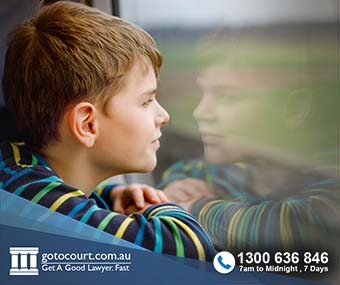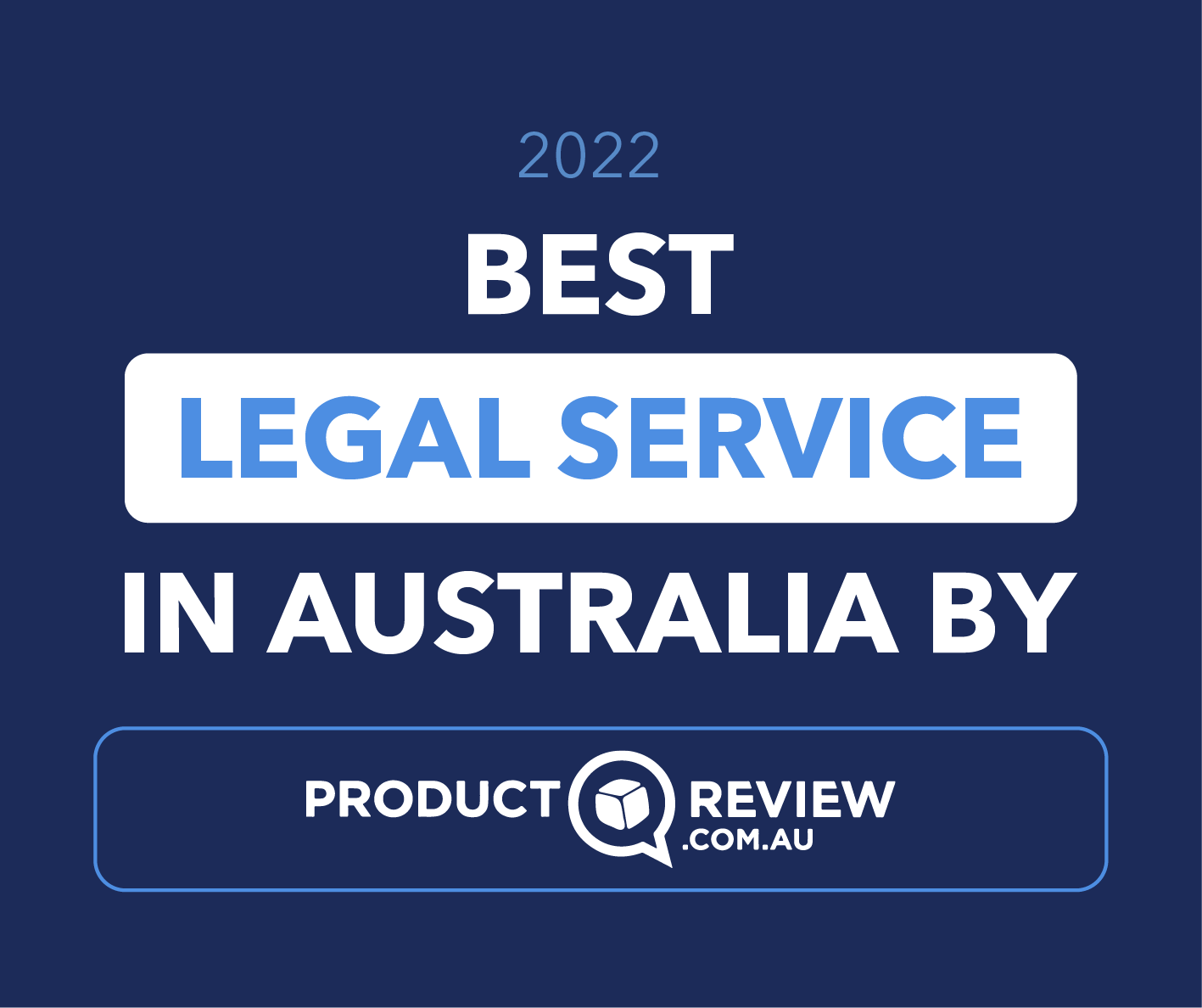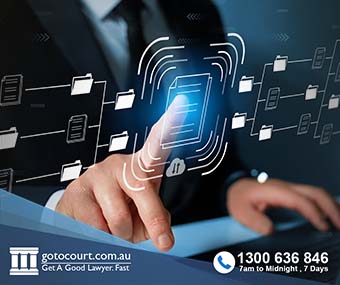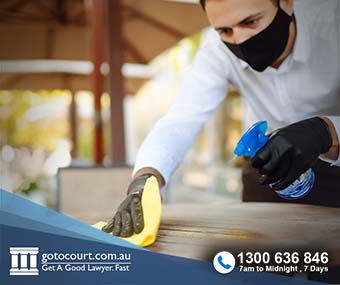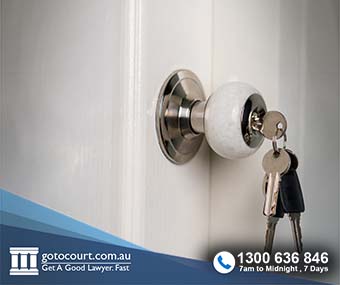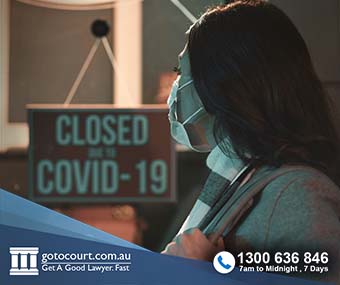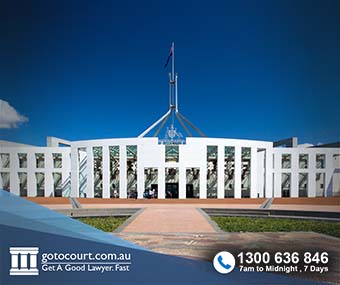Call our lawyers
now
or,
have our lawyers
call you
Drones and Privacy: What Are My Rights?
Drones and Privacy: What Are My Rights?
Drones, also known as Remotely Piloted Aircraft (RPAs) or Unmanned Aerial Vehicles (UAVs) first drew attention when they were used during the war in Afghanistan. But drones are becoming smaller, lighter and cheaper – you might know someone who owns a drone.
In 2015, Amazon successfully delivered its first products by drone delivery. This means that soon a drone may be a household device as common as the TV and the smartphone.
You have probably already heard the whining noise of a drone in your neighbourhood. It might have been in your street or at a nearby park. Seeing it zip past overhead might be a bit of a novelty but what happens if a drone buzzes around your house for hours while you are trying to sleep?
Almost all drone models come fitted with cameras, enabling you to see where the drone is flying. Higher priced models even come with video and audio recorders. What are your options if one records you sunbathing in your backyard?
Like most technology, the law has not quite caught up with drones yet:
- In 2012, Australia’s privacy watchdog (the Privacy Commissioner) admitted that drones operated by individuals do not have to obey privacy laws;
- In 2014, a Federal Parliamentary review called Eyes in the Sky reported on the impact of drones on air safety and privacy; and
- In 2016, the Federal Government’s air safety regulator (the Civil Aviation Safety Authority or CASA) changed the rules so that you do not need a licence to fly a drone under two kilograms.
All this means is that personal rights and drones continue to be a complex legal area.
Drones and privacy in general
The first thing to understand is that the Privacy Act 1988 does not apply to individuals that operate drones because they are not a government agency. The Privacy Act 1988 also does not apply to people or organisations unless they earn more than $3 million per year.
This means that the usual legal protections of your privacy do not apply to small businesses, media or private individuals.
The second thing is that although they might be a regulator, CASA do not regulate drones that invade privacy. CASA enforces safety rules. They might take action if a drone is piloted in any of the following ways:
- It is flown between sunset and sunrise (i.e. at night);
- The drone exceeds 120 metres above ground level;
- You fly the drone closer than 30 metres to a person;
- The drone is flown over populated areas, such as a place that if the drone crashed, a person might be injured; and
- You fly the device over a prohibited or restricted area (like an airport) or over “emergency areas” (like bushfires or car accidents).
But what are your options if you feel that your privacy has been breached by a drone? There are other ways the law can provide protection.
Criminal offences
Some actions by drone operators can be considered criminal offences. For example, in Queensland it is illegal to record somebody without their consent if they are in a private place or conducting a private act.
A private act can include showering, going to the toilet, having sexual intercourse or getting dressed. It is also illegal to record somebody in a public place where privacy might be reasonably be expected, such as the change rooms of a public swimming pool.
The possession, sale or supply of any of these drone recordings would also be illegal. If the drone recorded audio that falls within certain categories, it can also be a breach of laws against the use of listening or surveillance devices.
Most other states and territories have similar laws protecting private places and unlawful surveillance, and this behaviour can result in significant penalties. Penalties include hefty fines and time in prison.
The use of surveillance devices by police is also heavily regulated and involves obtaining a warrant or similar document (usually from a judge).
Drones and trespass
It is also possible for a drone flight over or around your house to become an issue of trespass. Unlike other types of civil disputes or torts, a trespass is available without having to demonstrate you suffered any loss or damage as a result of any action by either the drone or its operator.
A trespass involves an interference with your rights to ‘private enjoyment’ to land (which includes your house and the land around it, like a backyard or acreage). To prove a trespass you have to be able to prove the following:
- Exclusive possession – this usually means that you are living or staying on the land and are lawfully able to stop other people from entering. Owners, renters and boarders are generally in exclusive possession. If the area is a public place such as a park next to your house, you may not have exclusive possession over the park.
- Land – this includes the space above and below the physical ground. So a drone that repeatedly flies over your house can be a trespass unless it flies so high that it is unnoticeable.
- Intentional or negligent – to be a trespass, the interference has to be either deliberate or careless (meaning the person was negligent). This depends on the actions of the drone operator and what you observe the drone doing.
- Interference – this means that a trespass has to occur ‘directly’ and cannot be a result of something else happening. You also have to prove that the interference was unreasonable or that it continues to interrupt your normal enjoyment. A drone that flies over your house, hovers around your windows or breaches your privacy would probably be found to be unreasonable.
Defences for drone use
Several defences to trespass can be available for drone operators. The first of these is that you consented to the intrusion. Although, this is probably unlikely, unless the drone is delivering something you ordered.
Further, although most people have what is called ‘implicit consent’ to walk up to your front door and knock on it, it is unlikely this would apply to a drone as the drone is not a person.
The other defence to trespass is what is known as ‘lawful authority’.
Police are able to use surveillance devices as part of their investigating crimes. However, these usually require a warrant in your State or Territory. It is a little unclear whether this would cover the use of a drone, but if it did, it is probably unlikely the police drone would be flying so close to your house that you notice it as this would defeat the point of surveillance!
What is more worrying is that security guards, private investigators (also called inquiry agents in some states) and debt collectors might be able to use drones. This is because it is legally possible in some states and territories for these people to survey you in a public place. Obviously this would not include your bedroom or bathroom, but again the law is a pretty big grey area here.
Defamation
If the photographs or footage from a drone flight were to be released or posted online (such as on Facebook, Instagram or Snapchat) without your consent, this would be a breach of your privacy. If it is also connected with some statement about you that is untrue, you might be able to sue for defamation.
To prove defamation, you would need to show the following:
- Dissemination – all you need to show to prove dissemination is that someone else saw or heard the footage or it was made available to the ‘world at large’.
- Untruth – to be defamatory, the photographs or footage would need to be connected with a statement about you that was not correct.
- Imputation – an imputation occurs when the court asks, ‘if the photographs or footage and associated untrue information were viewed by a reasonable person, would they be likely to think less of you?’ An allegation like this can suggest that you are unfaithful, have a sexually transmitted disease, or you abuse your children.
Just like a trespass action, a defamation action can be very expensive and time consuming. If you were to be successful, you might be awarded damages or compensation, and the court will more than likely also order the person not to fly their drone around your property.
Your rights
The first thing to remember is that you should report any unsafe drone activity to either the police or CASA. CASA have an email reporting system for unsafe operations of drones available here.
You should remember, though, that this is only for safety complaints – CASA will not investigate breaches of privacy.
If you are able to identify the pilot of the drone you may be able to speak to them directly and voice your concerns. This may be the cheapest and efficient way to deal with the dispute. Alternately you can send them a ‘letter of demand’, asking that they stop flying over your property and making it clear you do not consent to their conduct.
If these fail you should seek legal advice about what options might be available.
If you require legal advice or representation in any legal matter, please contact Go To Court Lawyers.

Affordable Lawyers
Our Go To Court Lawyers will assist you in all areas of law. We specialise in providing legal advice urgently – at the time when you need it most. If you need a lawyer right now, today, we can help you – no matter where you are in Australia.How It Works






1. You speak directly to a lawyer
When you call the Go To Court Legal Hotline, you will be connected directly to a lawyer, every time.

2. Get your legal situation assessed
We determine the best way forward in your legal matter, free of charge. If you want to go ahead and book a face-to-face appointment, we will connect you with a specialist in your local area.

3. We arrange everything as needed
If you want to go ahead and book a fact-to-face appointment, we will connect you with a specialist in your local area no matter where you are and even at very short notice.


